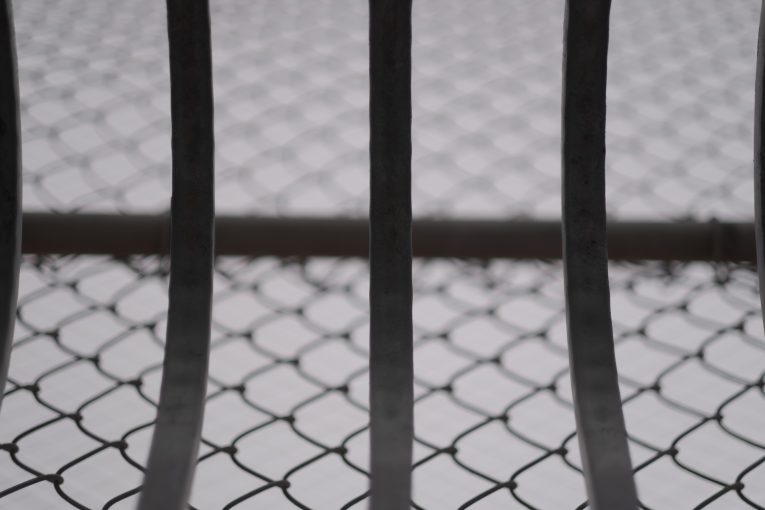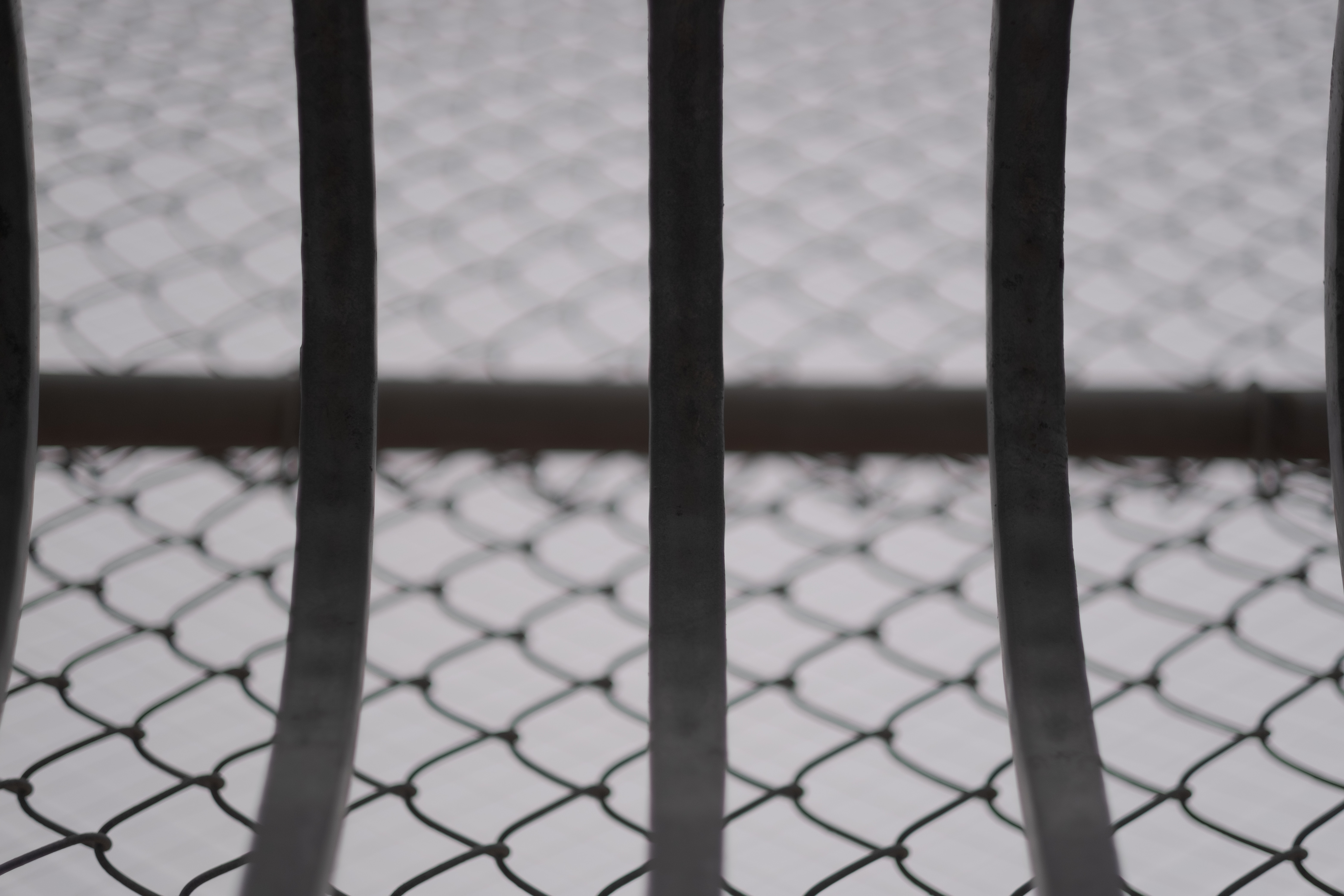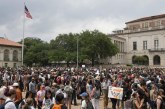

By Olinda Moyd
I commend Attorney General Anthony Brown and Public Defender Natasha Dartique for their joint founding, announced on Oct. 25, of the Maryland Equitable Justice Collaborative.
The collaborative seeks to recognize the urgency with which we must mobilize to reverse the tide of mass incarceration and its devastating impact on communities of color throughout the state. Intersectional collaborations with grass-roots organizations, government agencies, directly impacted voices and the community in general to address mass incarceration are essential.
In his remarks at MEJC’s announcement, retired U.S. District Court Judge Alexander Williams Jr. stated “I am part of the problem” in reflecting both on his judicial career and his role as a public defender and prosecutor in Prince George’s County.
His statement is a stark reminder that we are all part of the problem and must all be part of the solution in addressing the racial inequities embedded in the crisis of mass incarceration. For the last several decades we have sat idly by as our jails and prison populations have swelled, sentences have become more excessive and now we have a graying, older consortium of men and women aging behind prison walls.
Every police officer who allows their own inherent biases to influence whether to arrest a juvenile or simply call the parent to come and retrieve their child. Youth in Baltimore City should be extended the same privileges and grace as children in Davidsonville.
Every prosecutor who makes a decision to paper a case based on factors other than the evidence before them or the lack thereof. Prosecutorial discretion gives prosecutors broad power to decide whether or not to charge a person for a crime, and which charges to file, but there is little accountability.
Every public defender who persuades a client to enter a plea and not go to trial even when the individual claimed innocence, but the evidence against them was too overwhelming. Centering the voice of the person directly impacted must be the ethical standard of representation for every lawyer.
Every correctional officer who places someone in solitary confinement because it made your shift easier or treated people inhumanely solely because you had a bad day. The psychological and physical torture associated with the use of solitary confinement has caused it to be banned in most civil societies.
Every elected official who repeats the false “tough on crime” narrative to win votes at election time knowing that harsher legislation would be imposed disproportionately. The Nixon administration war on crime; Reagan administration war on drugs; and Clinton administration 1994 crime bill which led to mandatory sentencing have fueled the crisis of mass incarceration that we find ourselves in today. Let history not repeat itself.
Every judge who imposes sentences to be punitive and who disregards the need for rehabilitating the 95% of imprisoned people who will return to our communities. The disproportionate impact on communities of color means that families are torn apart by extensive incarceration and they receive little assistance in rebuilding lives and reuniting relationships when people are released. Some states still have three-strikes laws in effect, to the particular detriment of Black people, who make up about 70% of the incarcerated population and about three-quarters of those sentenced to life in prison in Maryland.
Every person, especially those of faith, who neglects to extend grace and mercy to men and women who find themselves entangled in our criminal legal system, even when it might be your own family member. Out of sight does not mean out of mind. The approximately 16,000 men and women in Maryland’s Department of Public Safety and Correctional Services detained in our 5 detention facilities and 13 correctional facilities that spread from Baltimore City, to the Eastern Shore to Western Maryland — all are our friends, family and loved ones and we must hold their caretakers accountable to their treatment and rehabilitative programming while in custody. Treatment inside dictates behavior and successful reentry into the community. Hence, the need for independent oversight.
Every one of us is the problem.
All of us want safe communities and systems of justice that are just. But we have all stood on the sidelines of inactivity as our jails and prisons have been flooded primarily with Black men from under-resourced communities. We must identify and eradicate the causes of mass incarceration. We must act with urgency to reverse the tide and decarceration must be the priority for every Maryland resident. During Kwanzaa, we celebrate the principle of Ujima on the third day of recognition. This means to build and maintain our community together and make our brothers’ and sisters’ problems our problems and solve them together.
Now is the time for us as Marylanders to share the responsibility of what we have created, interject on behalf of our brothers and sisters behind bars, discover innovative ways to divert young people from finding their way there. Every one of us is the problem and we must all play a role in finding the solution.
This piece was first published in Maryland Matters.
Olinda Moyd is director of the Decarceration and Re-Entry Clinic at American University’s Washington College of Law and a board member at the Maryland Alliance for Justice Reform.





